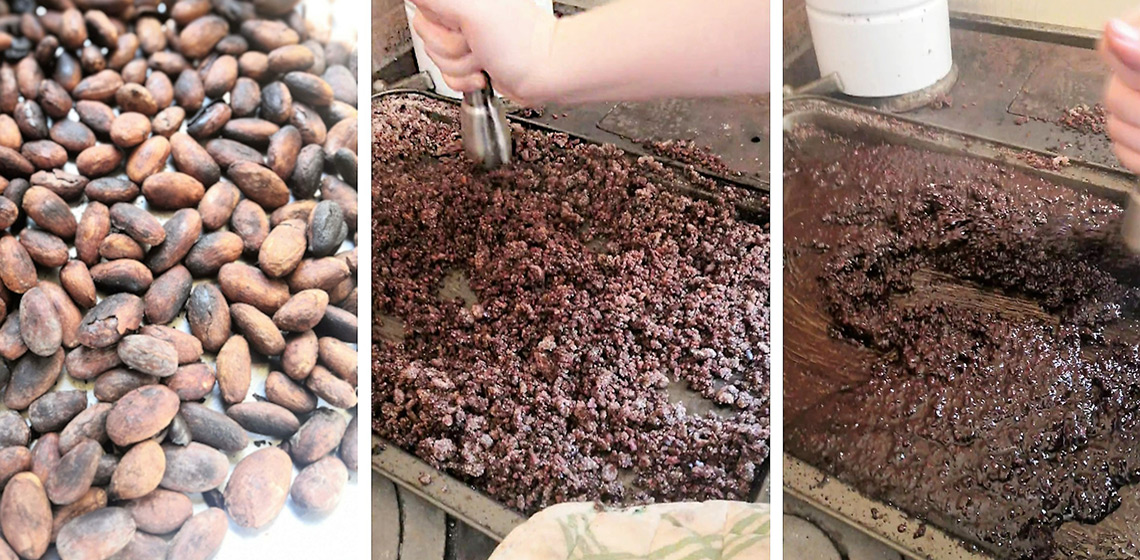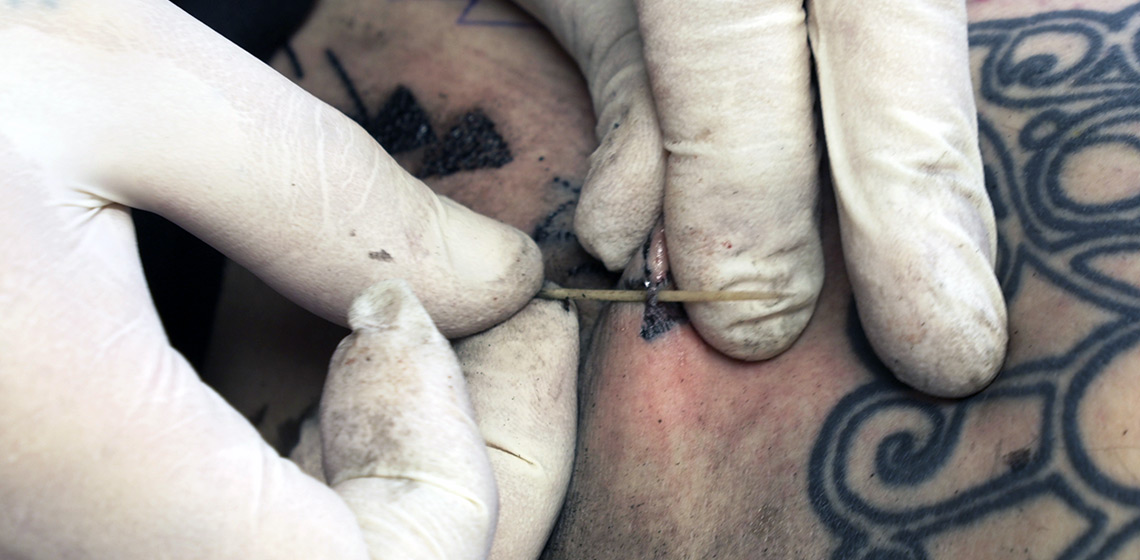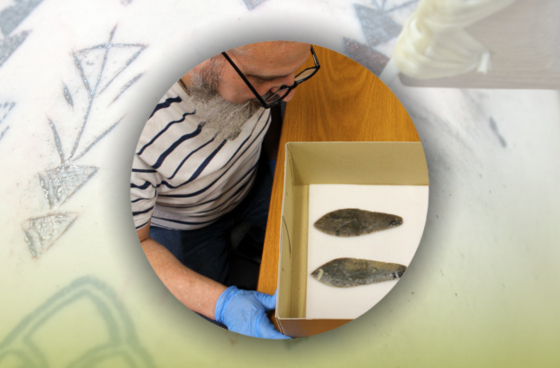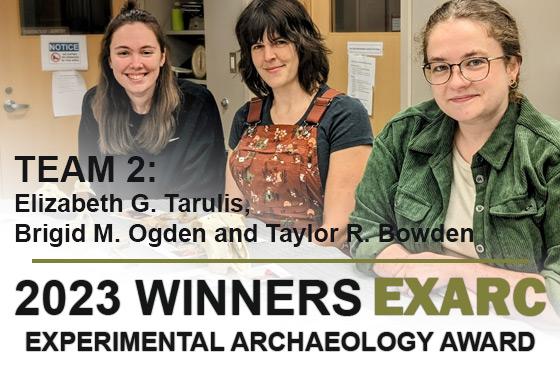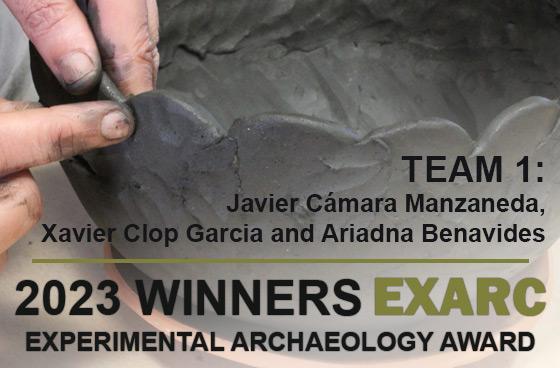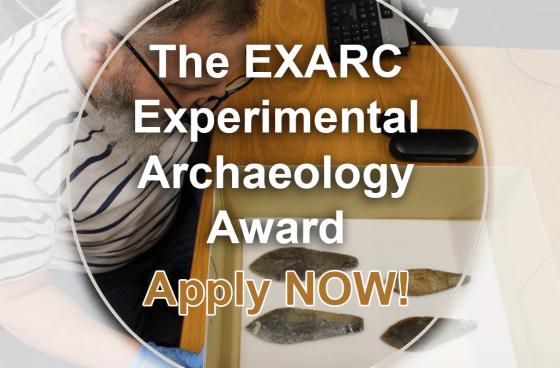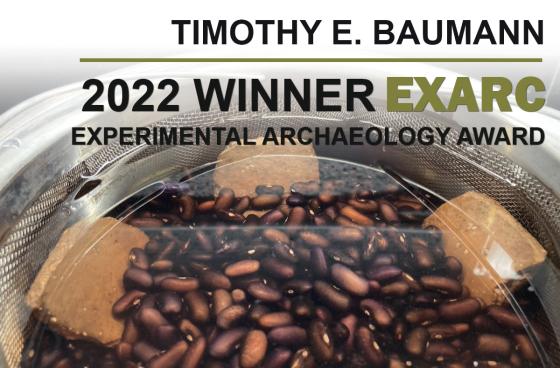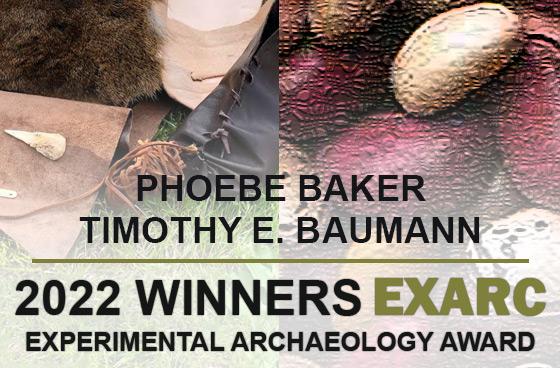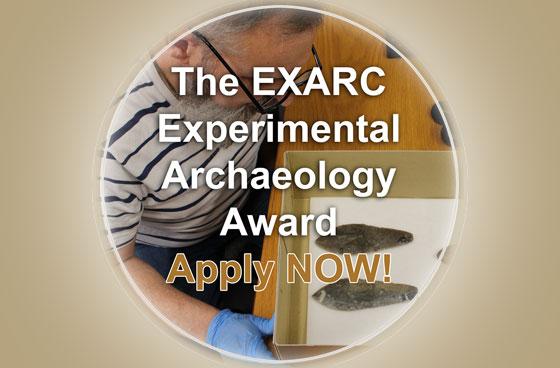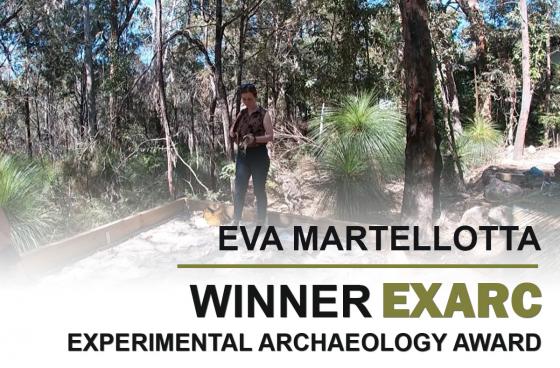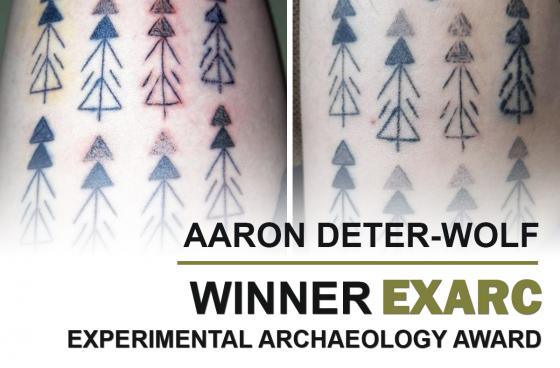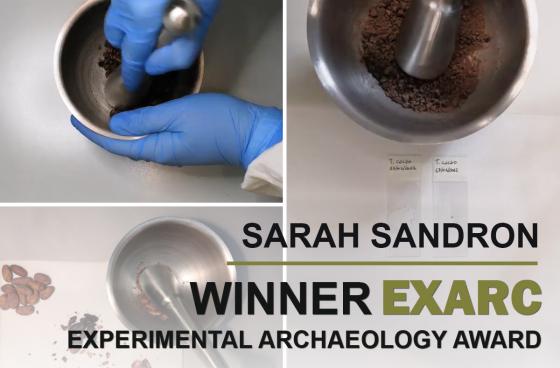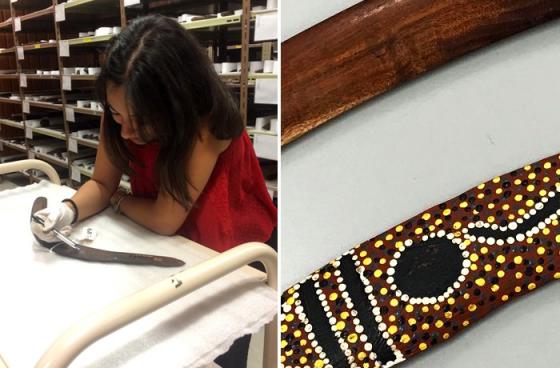
We have now opened the second call for applications for the 2024 EXARC Award!
Sometimes, you have a good idea for experimental archaeology research, but you lack resources. EXARC already offers its contacts, with over 400 members worldwide, its access to materials and tools around the world, literature via www.experimentalarchaeology.net. But now we add micro-funding. EXARC offers two awards annually of 500 EUR each for worthwhile archaeological experiments, regardless where in the world they are executed and by whom. These awards are sponsored by EXARC member John Kiernan (US). The first award of 2024 has already been granted (more on that soon!), and we would now like to invite anyone interested to apply for the second award.
You don’t need to be an archaeologist to design and execute a good experiment, and it does not have to be themed with a prehistoric subject only either. What we offer may help you to start your experimental project (seed money), and we also offer publication of it in the EXARC Journal. Last year alone, the open access Journal had 175,000 page views.
Rules
| ▪ | You are an EXARC member or will join EXARC as a member when you accept the Award; |
| ▪ | Theme of your project is experimental archaeology; |
| ▪ | Recipients write one or several blog entries during the actual project, which will be published on the EXARC website and Social Media; |
| ▪ | Recipients write an article for the EXARC Journal (reporting phase); |
| ▪ | You will state in all communication that this project is supported by EXARC. |
![]()
Procedure
The 2024 EXARC Experimental Archaeology Award is now open for submissions.
| Call Opens: | 1 October 2024 |
| Call Closes: | 30 November 2024 |
| Decision: | 31 December 2024 |
| Project start: | before 1 March 2025 |
| Planning Phase: | Max. 3 months |
| Execution of the Experiment: | Max. 6 months |
| Reporting Phase: | Max. 3 months |
| Project end: | 12 months after project’s start |
The application needs to be in MS Word format and includes:
- One .docx or .rtf file with your personal contact details and a CV (max. 3 pages)
- A second .docx or .rtf file with a short description (200 – 750 words, no images) of the project including:
- Title and theme of your project
- The boundaries in space and time (what does this research apply to?)
- What has been done in the same field: mention literature, people & organisations;
- Expected outcome;
- Communication & impact: how will you include ‘the world’ in your project (before, during, after): what media will you use and how can other EXARC members or other people be included during the project?
- Budget and investment of time (including how other costs are covered).
Please note that ALL words in the document count towards the maximum of 750 words.
Please send your applications to info@exarc.net
![]()
2023 Awards
We received 22 applications from all around the globe. Thanks to our sponsor, EXARC member, John Kiernan, the jury has been able to selected two winners of 500 EUR each: Both are teams of three colleagues working together, one from Spain other from US.
Team 1: Javier Cámara Manzaneda, Xavier Clop Garcia, Ariadna Benavides
TITLE: REACT. RE-building Ancient Ceramic Technologies: The Patchwork Technology from the Early Neolithic Mediterranean contexts
Pottery-manufacturing sequences and, particularly, their forming processes, represent a potential proxy for reconstructing the ways of doing and the technical behaviour of pottery producers in the past. (...) The goal of this experimental and analytical program is to build a new dataset based on robust experimental evidence that connect the ordered sequence of gestures and procedures of the SPT technology with the resulting manufacturing traces. Read more here
Team 2: Elizabeth G. Tarulis, Brigid M. Ogden, Taylor R. Bowden.
TITLE: Skin Deep: Determining the Efficacy of ZooMS Methods on Processed Intestinal Artifacts.
In the proposed project, our team will recreate a historical condom recipe to analyze the utility of various Zooarchaeology by Mass Spectrometry (ZooMS) methods on processed intestinal artifacts.Read more here
![]()
2022 Awards
We received seventeen promising applications from all around the globe. The themes and approaches were truly diverse, including both creativity and acdemic rigour. Thanks to our sponsor, EXARC member, John Kiernan, the jury has been able to selected two winners of 500 EUR each: Phoebe Baker and Timothy E Baumann.
Phoebe Baker is currently taking a master's degree in Early Prehistory and Human Origins at the University of York. Her particular interest is the Neanderthal culture. In her project, Phoebe will investigate what Neanderthals wore on their feet.
Timothy E Baumann is a curator of archaeology at the McClung Museum of Natural History &Culture at the University of Tennessee. His reseaerch interests in experimental archaeology are in prehistory foodways, pottery, and stone tools from the Southeastern United States. His project will look at a way to identify the common bean (phaeseolus vulgaris) in the New World through absorbed residue in pottery.
![]()
2021 Awards
When we opened our call for micro funding of archaeological experiments, little did we know we would receive 22 applications from around the world. The themes and approaches were truly diverse, including both creativity and academic rigour. Thanks to our sponsor, EXARC member John Kiernan, the jury has actually been able to select three winners of 500 EUR each, not just two.
Ms Martellotta is a PhD candidate at Griffith University, Brisbane, Australia. Ethnographic literature suggests that wooden items – specifically boomerangs – were frequently utilised as retouchers, but no material evidence has been identified. As a response, a technological parallel could only be found in Palaeolithic European technology. Maybe Australian boomerangs were used as retouchers?
Mr Deter-Wolf is the Prehistoric Archaeologist for the Tennessee Division of Archaeology in Nashville, Tennessee, USA. Deter-Wolf and team’s experimental study seeks to compare the physical characteristics of tattoos created using different pre-modern tools and methods. To achieve this goal, they will manufacture an assortment of historically documented tools spanning the full range of tattooing techniques. Professional tattooist and team member Danny Riday will then use these tools to tattoo himself.
Ms Sandron is a master’s student at the University of Torino, Italy. She will look into the sustainability of dental calculus (mineralised dental plaque) research. Dental calculus is an ‘archaeological deposit on teeth’ which holds immense archaeological potential. Ms Sandron has access to the remains of nuns who prepared and consumed some of the first chocolate produced in Turin (Italy) in the 17th century. She will source the main ingredients of the old chocolate and recreate the “nuns’ chocolates” recipe. Following on this, Sandron will study the dental calculus to identify diagnostic micro-remains and chemical biomarkers.
![]()

